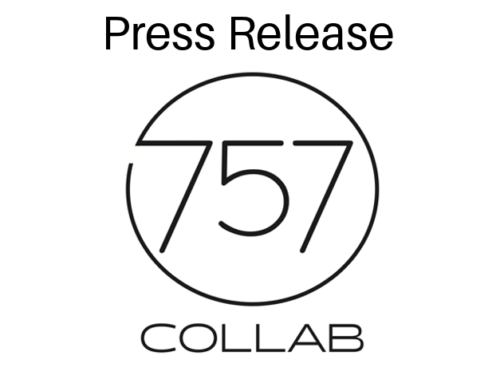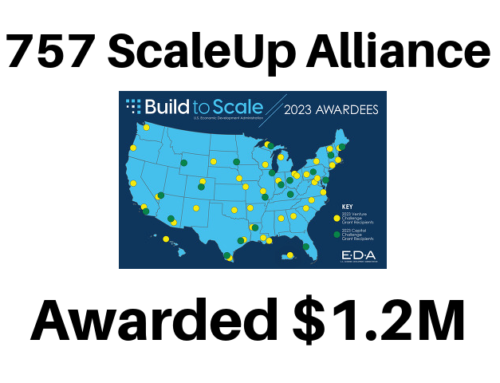From HRSBDC By Mike Austin
Just in time to further confuse small business owners and their respective tax advisers, on December 29th the IRS provided more guidance on how recipients should handle the timing of tax-exempt income from the PPP loan forgiveness and from certain grant proceeds and subsidized payments of principal, interest, and fees (a/k/a section 1112 payments). These changes were included in three procedure documents: Rev. Proc. 2021-48, 49, and 50. This writer will not attempt to fully explain the nuances of each procedure, but will instead provide a brief review of each, as follows:
Rev. Proc. 2021-48:
Regarding PPP forgiveness, there are now 3 alternatives for when taxpayers can treat amounts excluded from gross income as received or accrued:
- As expenses eligible for forgiveness are paid or incurred (the earliest increase)
- When an application for PPP loan forgiveness was filed
- When the PPP loan forgiveness was granted (the latest increase)
Under alternative #1:
Treats the income as being received or accrued over a period, which could occur over more than one tax year. The other alternatives treat the tax-exempt income as being received or accrued on a specific date.
If a taxpayer uses a safe harbor permitted under Rev. Proc. 2021-20, then the income is treated as paying or incurring the eligible expenses during the taxpayer’s immediately subsequent taxable year following the taxpayer’s 2020 taxable year in which the expenses were paid or incurred.
Tax-exempt income from forgiveness may be reported in the original or amended tax return, or with partnerships, on an administrative adjustment request (AAR).
Rev. Proc. 2021-49:
Regarding PPP forgiveness, which provides guidance for partnerships and related groups, the following changes were made:
- Allocations under section 704(b) regarding certain grant proceeds or the subsidized payment of certain payments of principal, interest and fees
- Allocations under section 704(b) of deductions resulting from expenditures related to grant proceeds or of subsidized payments (as above)
- The corresponding adjustments to be made with respect to the partners’ bases under section 705
Rev. Proc. 2021-50:
Provides administrative ease to partnerships to file an amended return in lieu of standard procedures regarding the filing of administrative adjustments. This requires those affected must file an amended return.
The net effect of these changes could further complicate an already confusing tax filing year, especially for PPP recipients that received multiple funding rounds. It is likely that readers could find themselves confused by this latest guidance from the IRS. This is understandable, for this writer is also challenged to understand the nuances of these changes. As a result, it is imperative that clients seek competent, knowledgeable tax advisers to help them navigate tax filings this year. Also, businesses that have failed to obtain PPP forgiveness in 2021, face the possibility of having to deal with tax implications in 2022 and beyond.






